
We carry around our car keys and usually don't think about the consequences of losing them until it happens. In fact, car keys are one of the most commonly lost items, causing stress, costing a lot of money, and wasting our time.
Let's discuss what to do if you’ve lost your car keys and how you can avoid this problem in the future.

Looks can be deceiving!
Don't risk your safety - check it with carVertical first
1. Don't panic
People can't spend a day without their essential items. When they don't find one of them in their pockets – panic is the natural reaction. However, it's hard to concentrate in stressful situations, so take a deep breath and simmer down.
You've probably checked all the places you usually put them before doing this online search. However, try to recall the last time you had them and where've you been afterwards. Look through these areas once more.
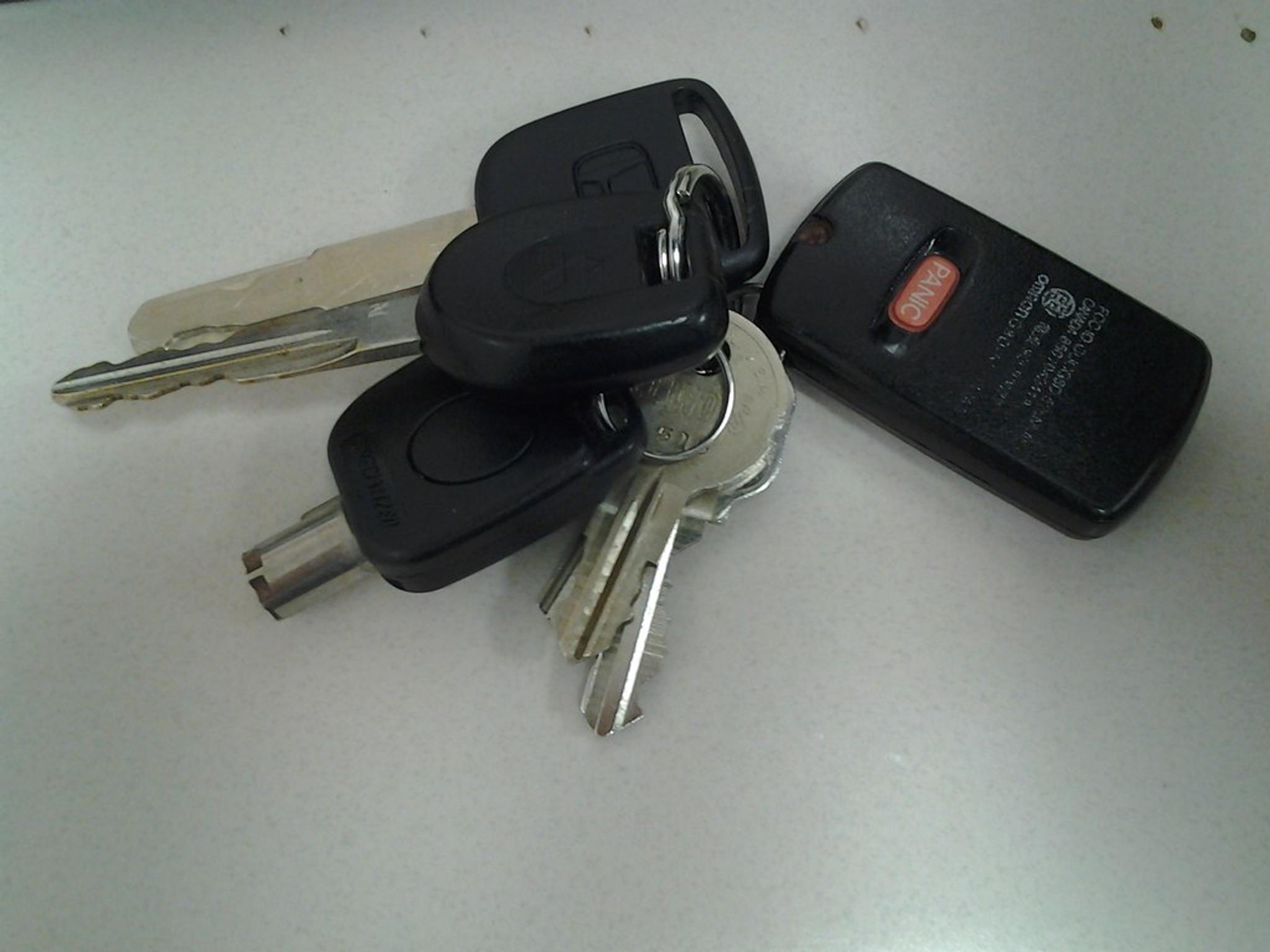
Be systematic!
Journalist Michael Solomon in his book How to find lost objects wrote: "There are no missing objects. Only unsystematic searchers.” Don't go around in circles. Instead, thoroughly check every place where you usually keep your keys, as they may be no more than inches away from their usual position. This is especially relevant in clutter hotspots.
2. Check your car insurance policy
Some insurance companies cover the expenses of lost car keys. Before spending hundreds of dollars on making a new key, go through your car insurance policy. Even if they offer the coverage, it's also important to ensure it doesn't affect your no claims discount. If it does, you may save money by not paying for a new key yourself.
3. Call the locksmith
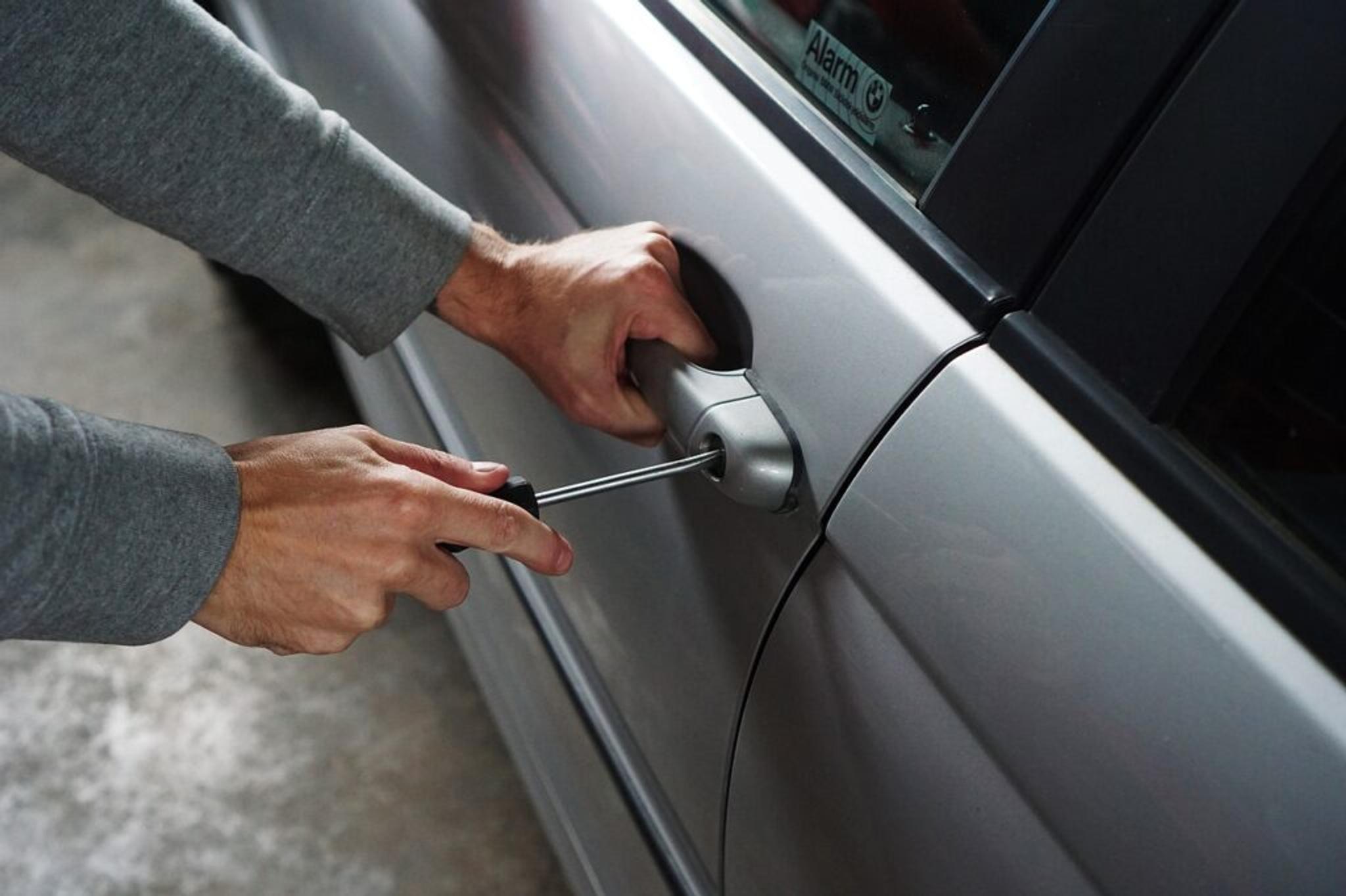
Independent locksmiths usually have the equipment to make a new key on-site. All they need is your car's make, model, and proof the vehicle is yours: a VIN number, personal ID, and vehicle registration.
If someone is locked inside your car, you should inform the locksmith that it's an emergency. They'll look into your situation as soon as possible and will break open the door.
You can also call your dealership. They can sort everything out but rarely on-site, meaning you'll have to tow the car to the dealership and leave it there for days or even weeks. Not to mention that this may be an expensive option.
Know your key type
Higher safety standards have introduced new car key types to the market. While locksmiths can usually deal with all of them, they have to prepare accordingly. That's why you should know your car key type before calling a professional. Here are the most common types:
- Traditional car key. The simplest steel key without any electrical chips or receivers.
- Transponder key. A common type featuring a plastic head with a conductor inside.
- Remote. A separate remote for locking and unlocking your car doors.
- Laser-cut. While technically this one can be considered a transponder key, the actual key is cut using a laser, making it much more expensive to duplicate.
- Smart key. The latest trend in automotive key technology is a smart key or car key fob. It allows you to unlock, lock, and start the car without taking the key out of your pocket.
A traditional car key is the only one that doesn't require any programming. All other types must be programmed using professional software or a special combination.
How to be prepared next time
Since you can lose your keys again, the last thing you want is to go through this stressful process again, so take a few precautions.
Get a spare key
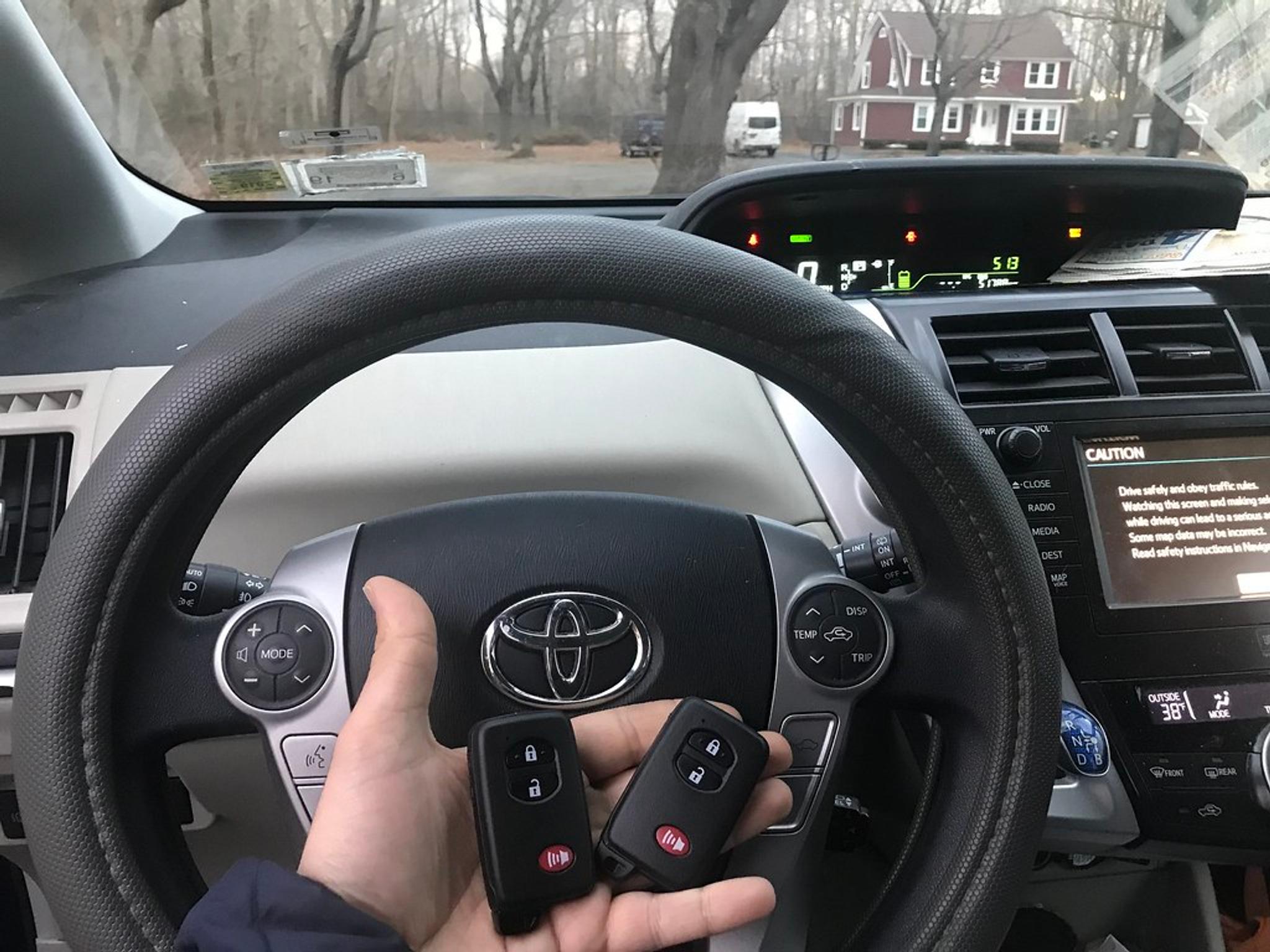
All new cars come with at least one spare key. However, owners change over the years, so you may buy a used car with only one key. If you don't have a spare key, go and make one before getting yourself into trouble. The price of a new replacement key may vary, but it's always cheaper to duplicate a key than make it from scratch.
Think where to put the spare car key
Never put your spare keys inside your car, wallet, bag, or anything you keep inside the vehicle – it's better to leave them at home. This may sound obvious, but don't place a replacement key inside the gas tank flap because it's either locked from the inside or accessible by anyone.
Get a key tracker
Electronics stores sell key trackers and you can get one for $20-40. However, most people buy these things only after losing their keys. You can pair a key tracker with your phone, open an app, and activate a sound signal inside the tracker. They also often have a GPS system, allowing you to easily track your keys.
Set up a spot for your keys
One of the most common reasons for losing keys is not having a single location to keep them. Make it a habit to put your car keys in the same spot every time you return home. Don't scatter them around the house, and don't keep them too far away from the main entrance. You'll save lots of your time once you get used to it.
Buying a car with lost keys
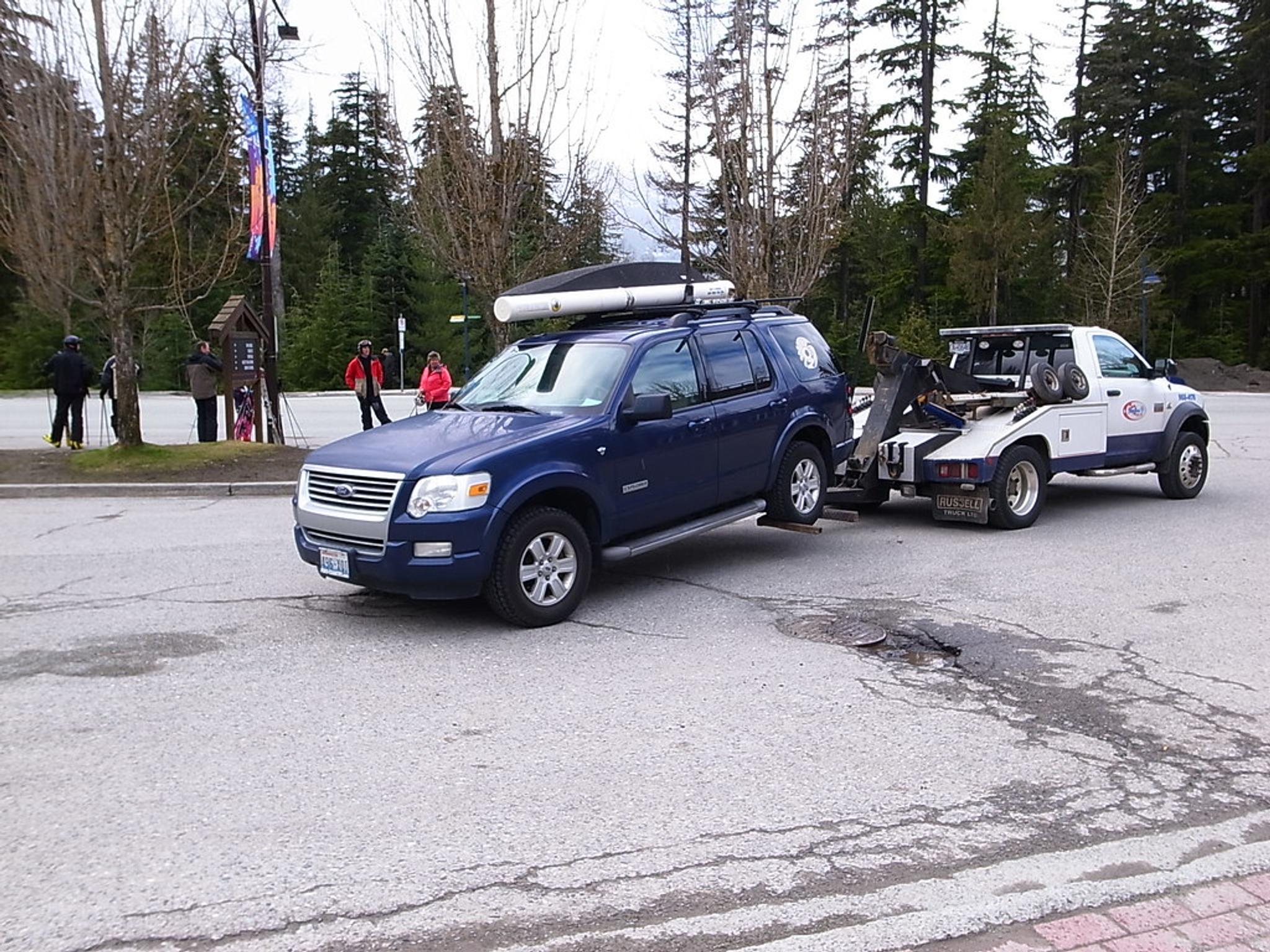
Have you ever seen people selling their car for a low price because the owner has lost their keys? It may look like a tempting deal but if it seems too good to be true – it probably is. Making a new car key isn't that complicated when you're the owner. When the seller says they’re too lazy to deal with this, be aware of bigger problems.
First of all, the car can be stolen and thieves may pretend they just can't find the keys. If you're still interested, check the car's history before buying. History reports scan a bunch of databases and reveal thefts, mileage rollbacks, accidents, and other essential data.
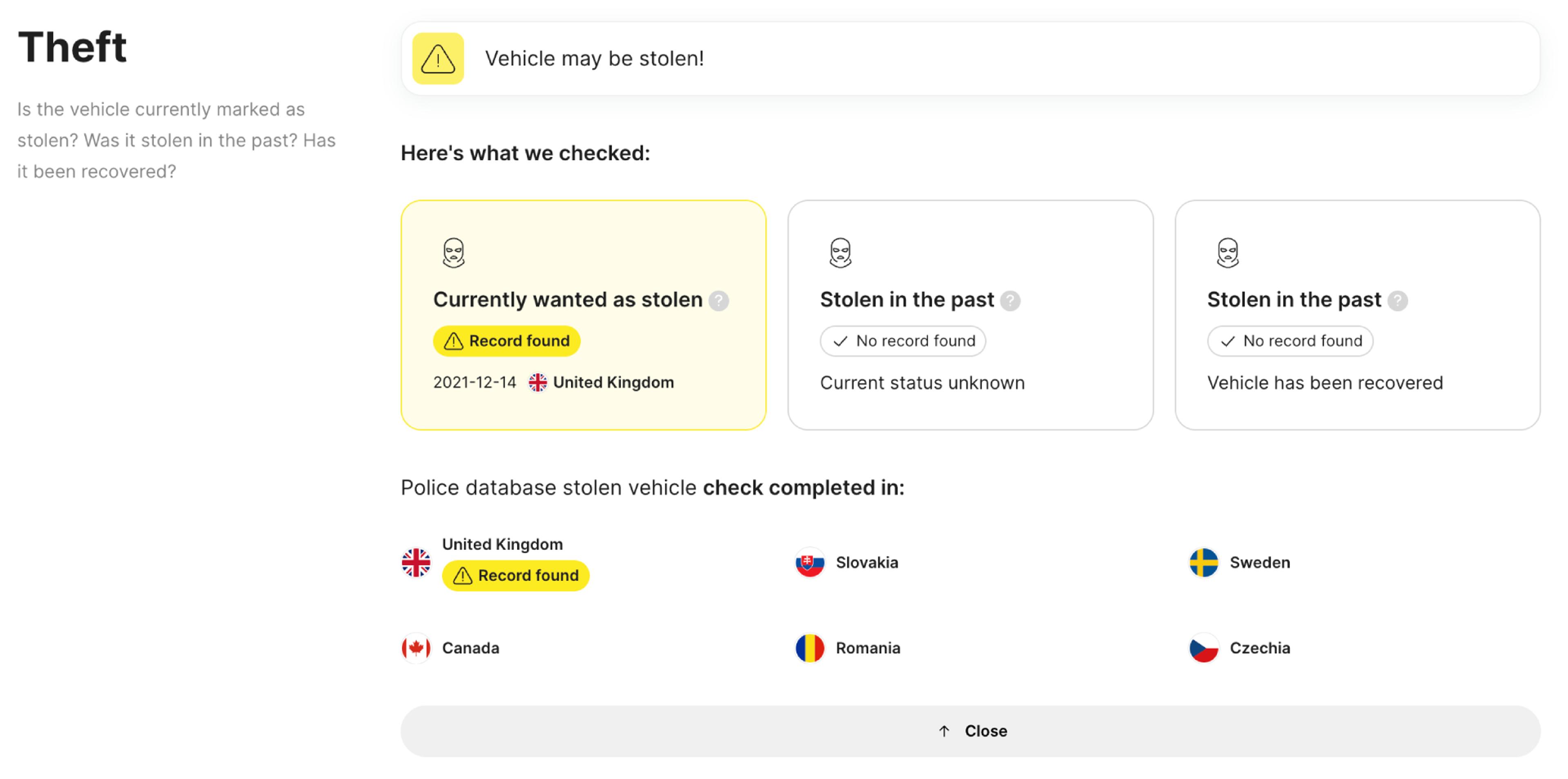
Buying a car with missing keys will prevent you from hearing the sound of your engine and inspecting the condition of suspension. If a seller chooses to sell a car for a low price instead of making a new key – it's a red flag.
Losing your car keys isn't the end of the world – there's always a solution, just don't panic. However, take precautions afterwards – don't get yourself into trouble again!

Check your VIN
Avoid costly problems by checking a vehicle's history. Get a report instantly!
Frequently asked questions

Article by
Evaldas Zabitis
Evaldas has been writing since middle school and has had a passion for cars for as long as he can remember. Right after getting his driver’s license, he spent all of his savings on shoddy cars so he could spend time fixing, driving, and selling them. Evaldas is always interested in automotive technical innovations and is an active participant in automotive community discussions.
